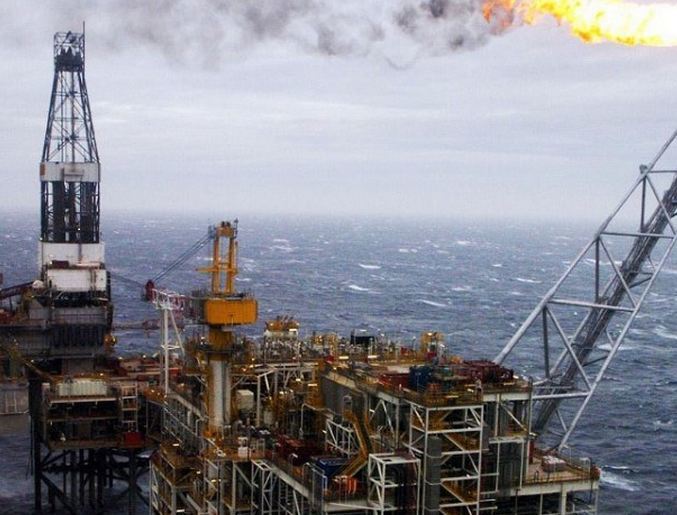
A report from the IMF (International Monetary Fund) has found oil prices have rebounded more than expected, after falling by more than half a year ago.
The findings were revealed in the latest World Economic Outlook which said the rise in the price of oil reflected higher demand and expectations that oil production growth in the US would slow faster than previously forecast.
It predicted the average price of oil to be $59 per barrel over the year.
But the IMF warned despite the rise in oil prices, inflation in advanced economies remained broadly stable and well below inflation objectives.
As well as assessing the change in oil price, the report also said a slowdown in output in UK and other advanced economies in the first three months of the year will peg back global growth in 2015.
The IMF predicted world growth of 3.4% this year, from its previous projection in April of 3.5%.
It forecast UK growth this year would fall to 2.4%, from 2.7% in April, and next year it cuts expansion to 2.2% from 2.3%.
The latest forecast from the Office for Budget Responsibility (OBR) for UK growth has slightly revised down the expectation for 2015 to 2.4% from 2.5%, due to lower-than-expected growth in the first quarter of the year.
In the period, UK service sector growth slowed, and the construction sector shrank for the second quarter in a row.
The IMF said world growth had been hampered in the first quarter by “unexpected output contraction in the United States” with spillovers into Canada and Mexico.
It also cited one-off factors such as harsh winter weather, port closures and stiff reductions in spending in the oil industry as contributing to the US slowdown.
The IMF said this year it expected to see advanced economies gradually pick up, and emerging economies slowdown.
It said: “The distribution of risks to global economic activity is still tilted to the downside.”
It added in advanced economies these risks included increased financial market volatility and disruptive asset price swings, while lower output remained a medium-term risk.
In emerging nations it said lower commodity prices posed risks to the outlook of “low-income developing economies after many years of strong growth”.
Recommended for you
